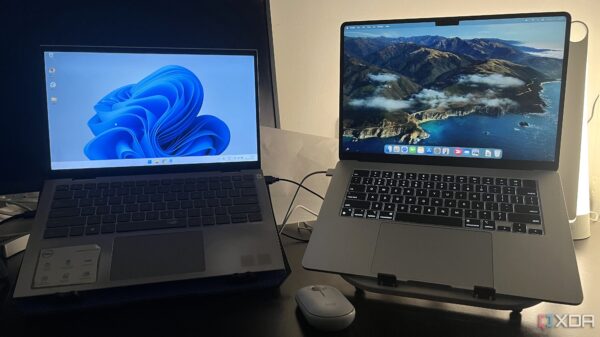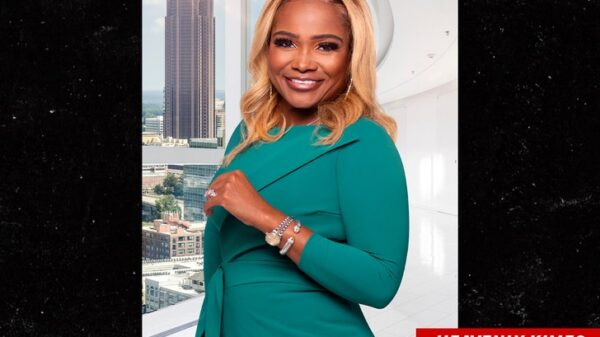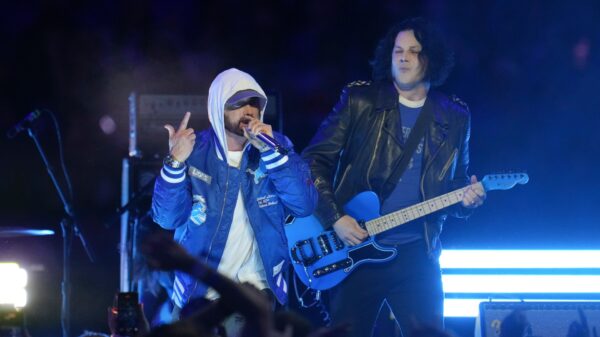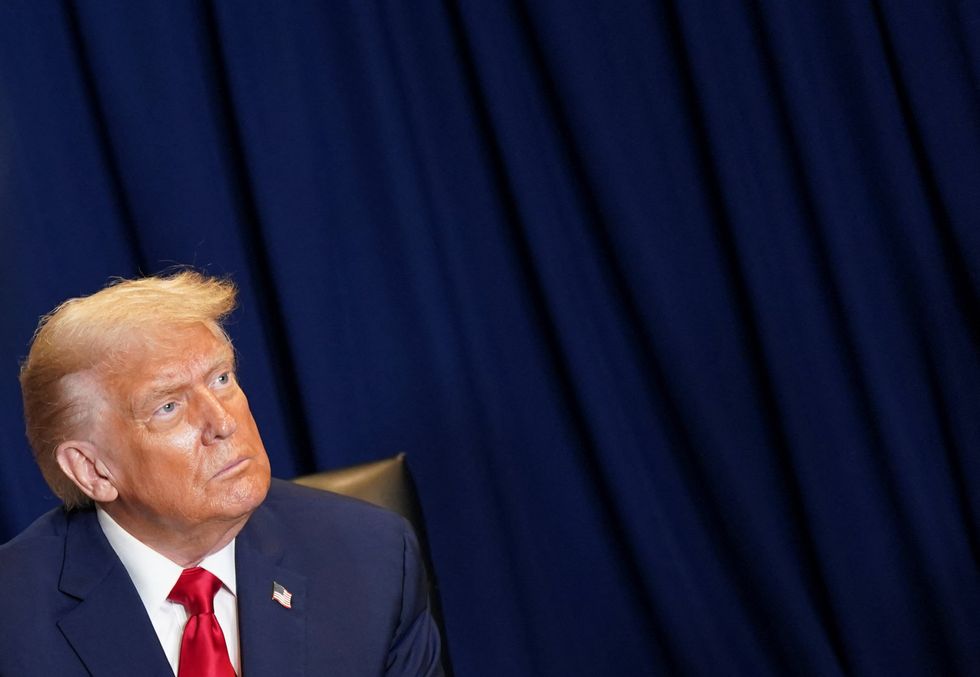UPDATE: The heated debate over cancel culture intensifies as former President Donald Trump takes a firm stance against perceived societal censorship. Just announced, Trump’s comments at a recent event have reignited discussions about the implications of cancel culture in America.
This week, the return of late-night host Jimmy Kimmel to screens highlights the ongoing pressures from both sides of the political spectrum. Following Disney’s swift response to public outcry, conservative media outlets like Nexstar and Sinclair are accused of monopolizing right-wing narratives, raising concerns about the future of free speech in media.
Trump’s administration has faced criticism for targeting individuals and groups deemed to oppose his agenda. Citing incidents involving over 160 UC Berkeley professors and students scrutinized for their pro-Palestinian activism, critics argue this reflects a broader trend of government-sanctioned cultural suppression. The former president’s crackdown on academic freedom raises urgent questions about the First Amendment and its protections in today’s political climate.
The conversation around cancel culture has evolved dramatically. Initially rooted in personal accountability, it has shifted into a broader critique of institutional power dynamics. As Trump himself complained about being “canceled,” observers note the irony in his administration’s actions that seem to silence dissenting voices.
During a speech at a Turning Point USA conference on June 23, 2020, Trump claimed the “radical left” was attempting to impose “absolute conformity” across various sectors, from journalism to academia. He warned that those who challenge this narrative risk being “canceled, censored, de-platformed, or even physically assaulted.”
This rhetoric plays into a larger narrative where Trump’s supporters view cancel culture as a threat to their rights and freedoms. Meanwhile, critics argue that the true essence of cancel culture lies in the response to harmful behaviors and ideologies, contrasting sharply with Trump’s characterization of it as a leftist attack.
As the political landscape continues to shift, the implications of cancel culture remain a hot-button issue. Will it lead to increased polarization, or will it foster a more accountable and inclusive society? Observers are urged to stay tuned as this developing story unfolds, reshaping the dynamics of speech, accountability, and cultural values in America.
Stay updated for the latest developments as the conversation around cancel culture and its ramifications continues to grow.



































































